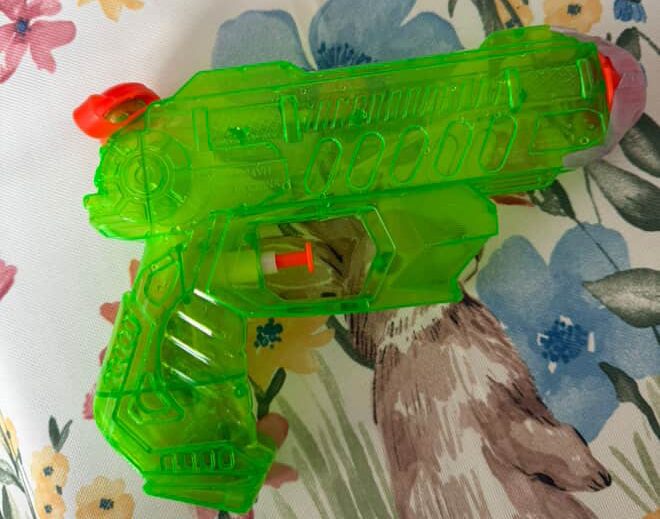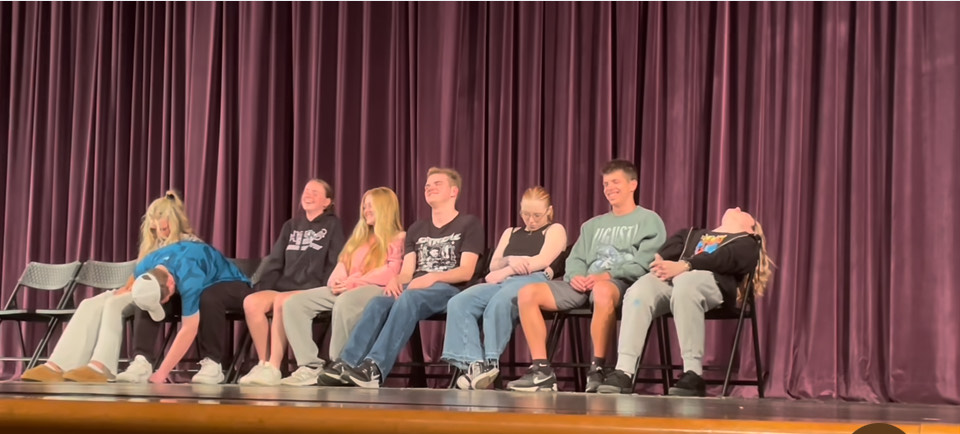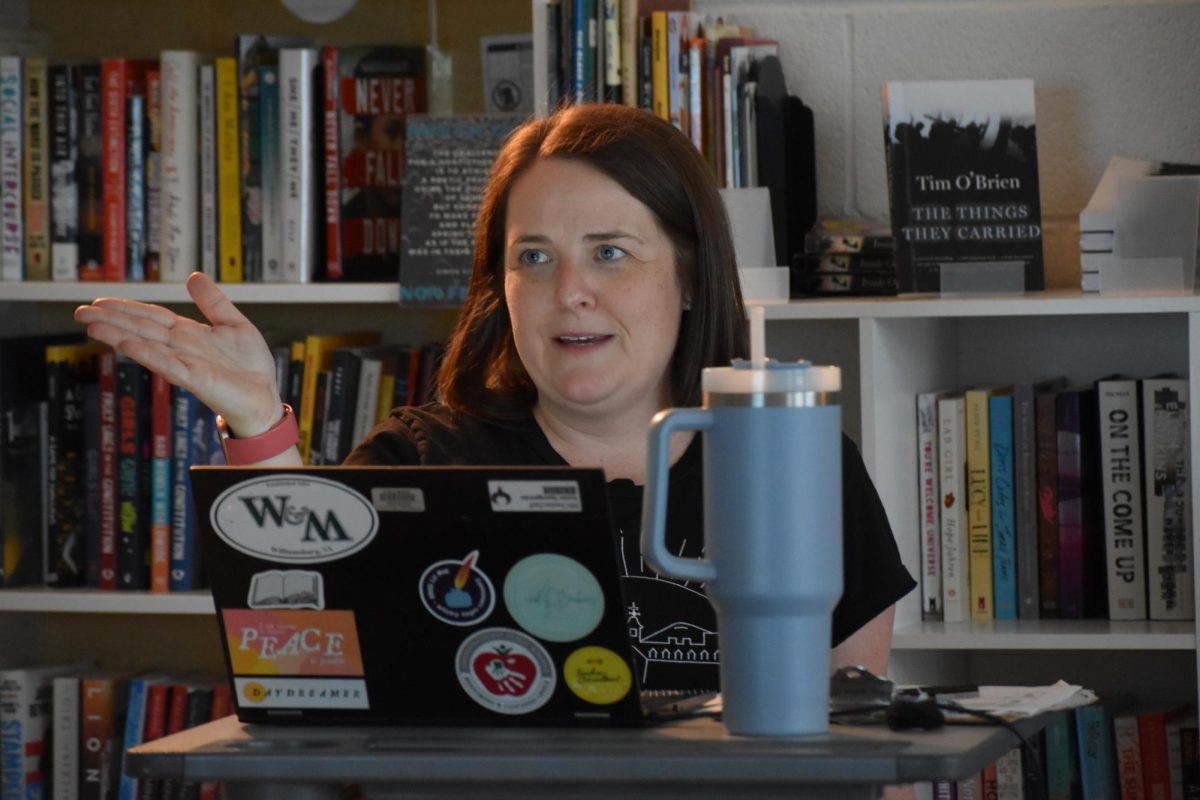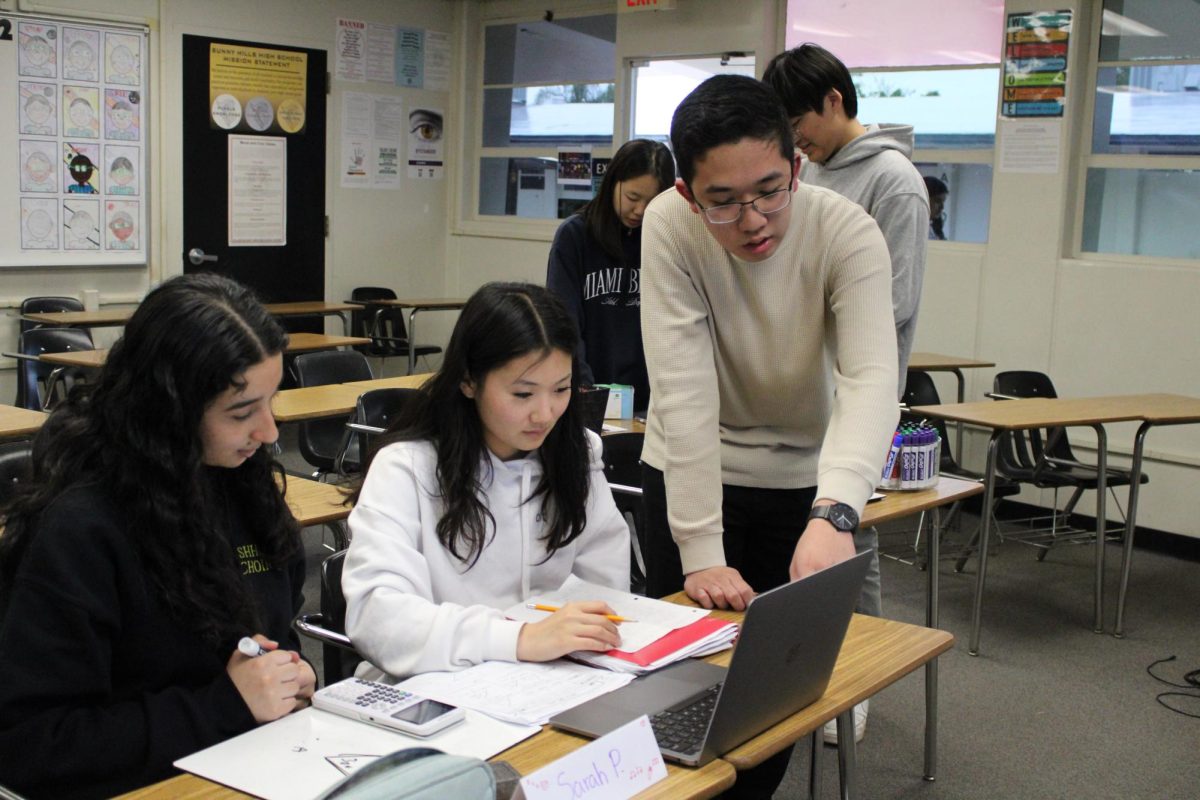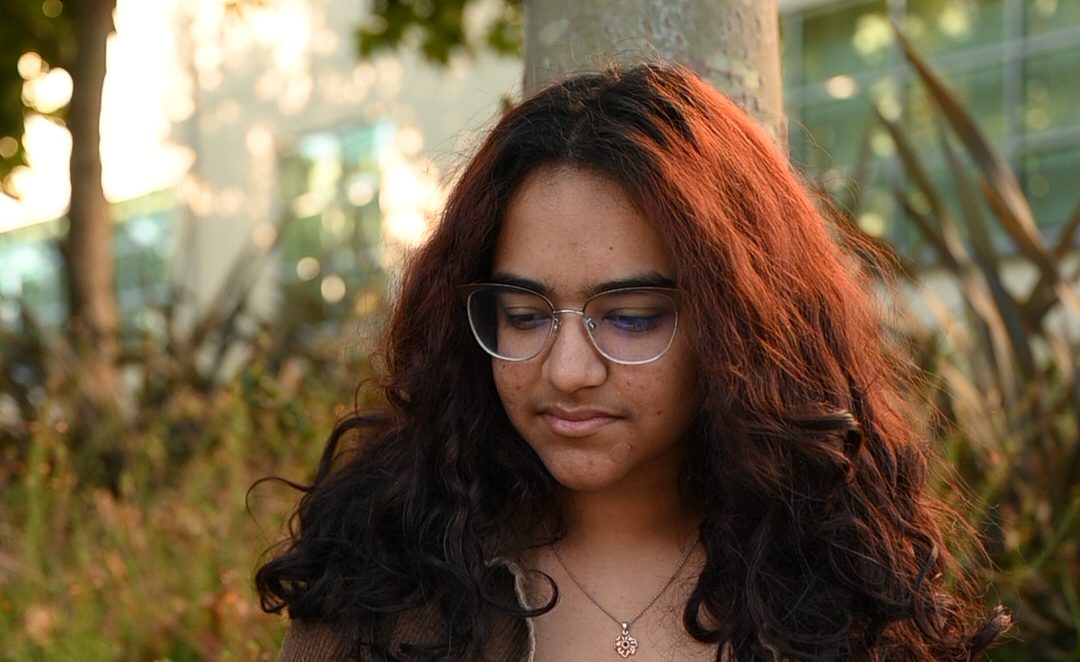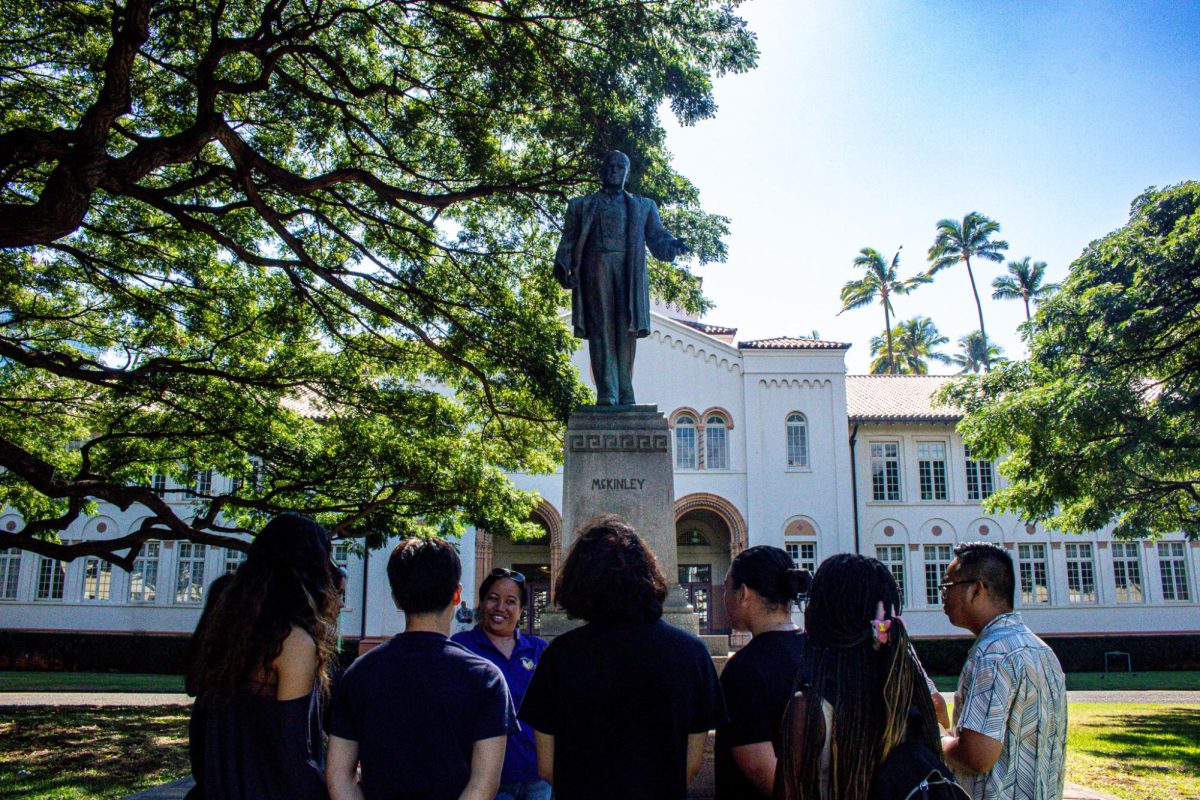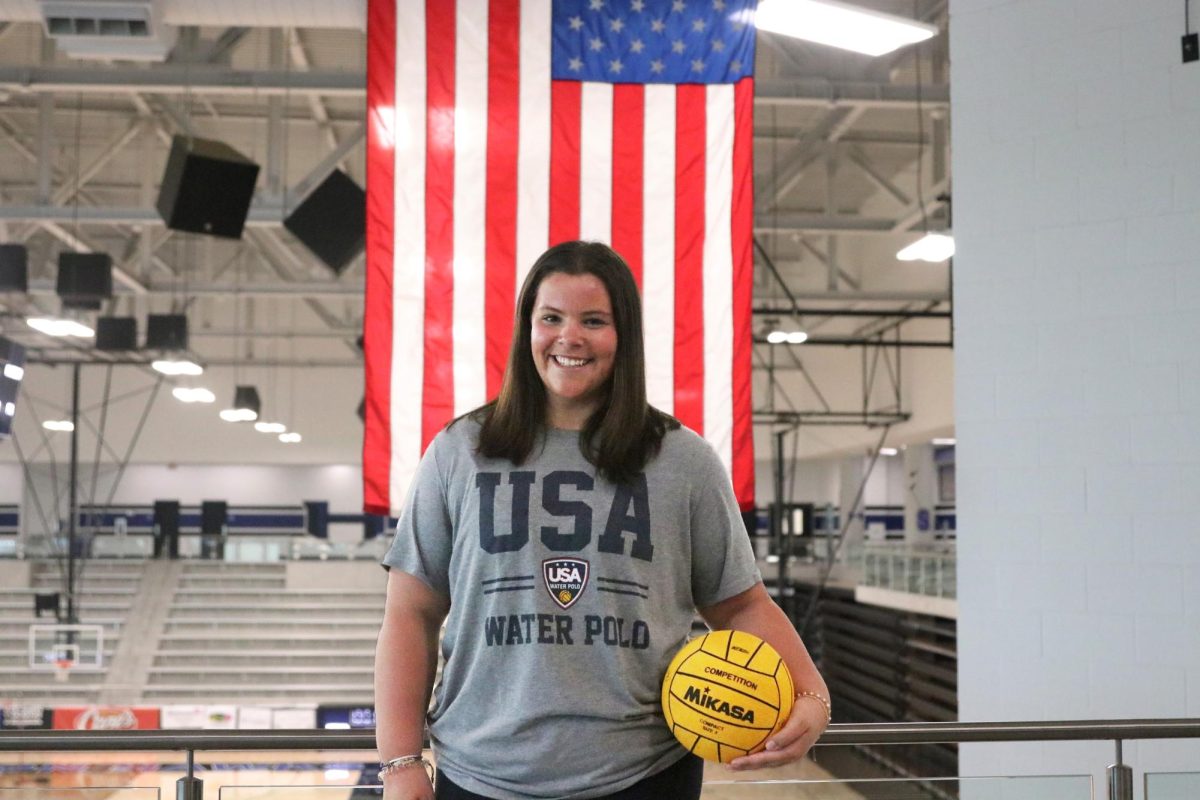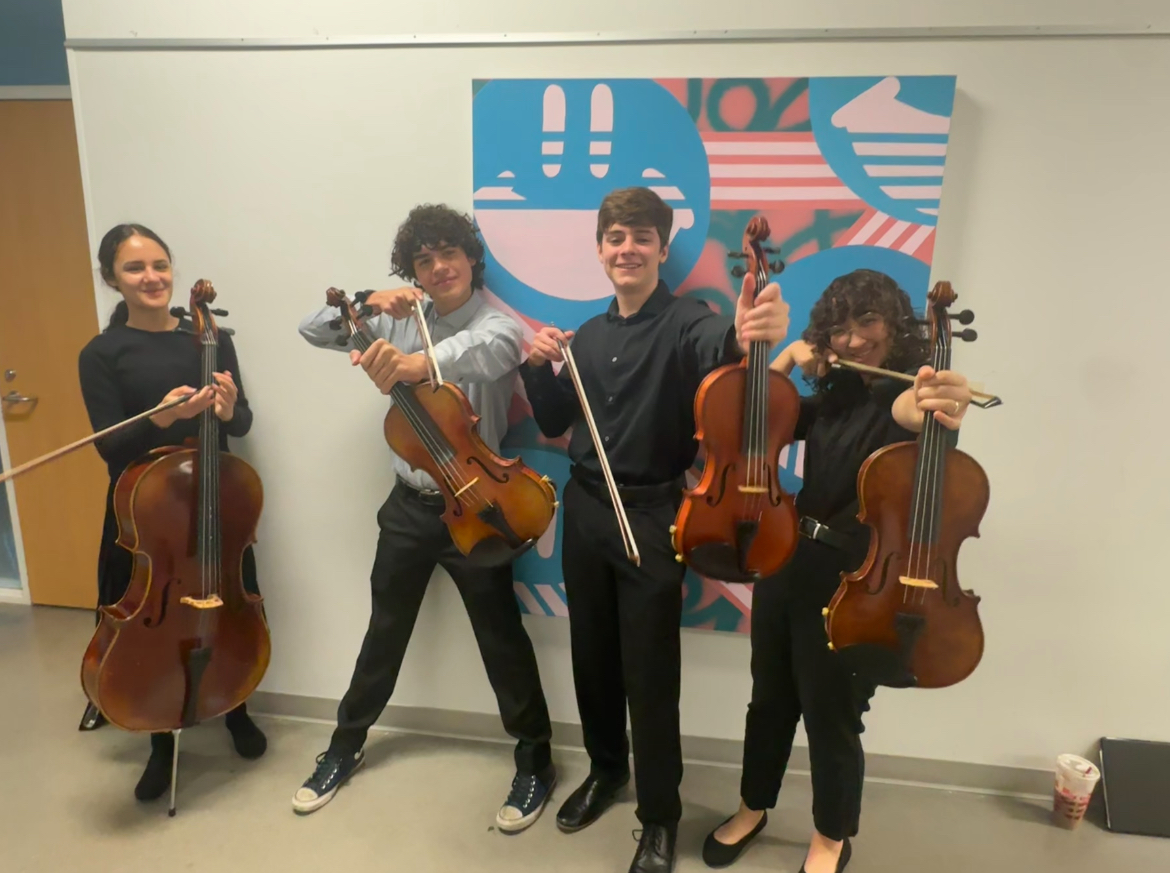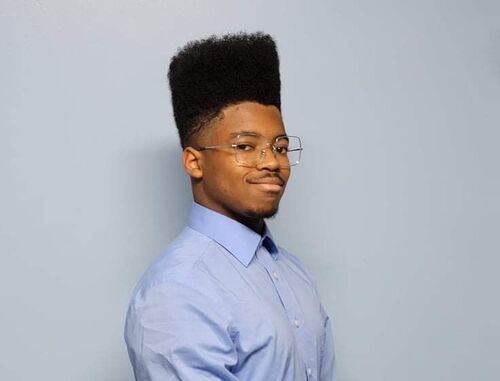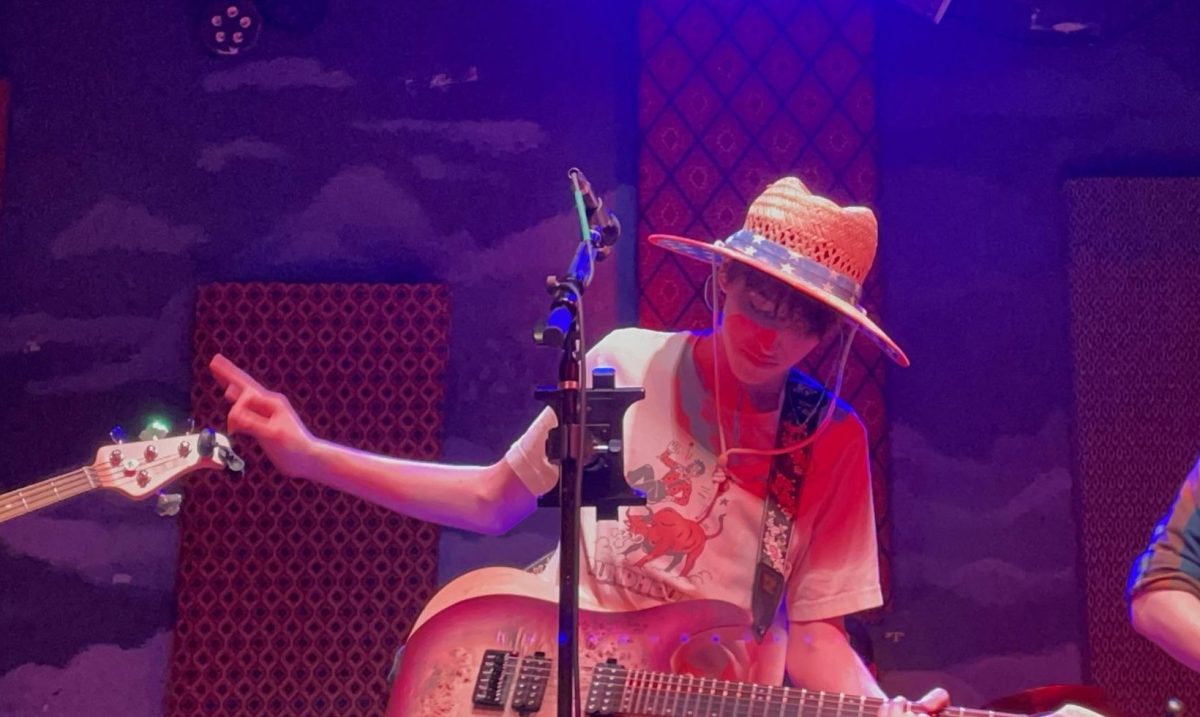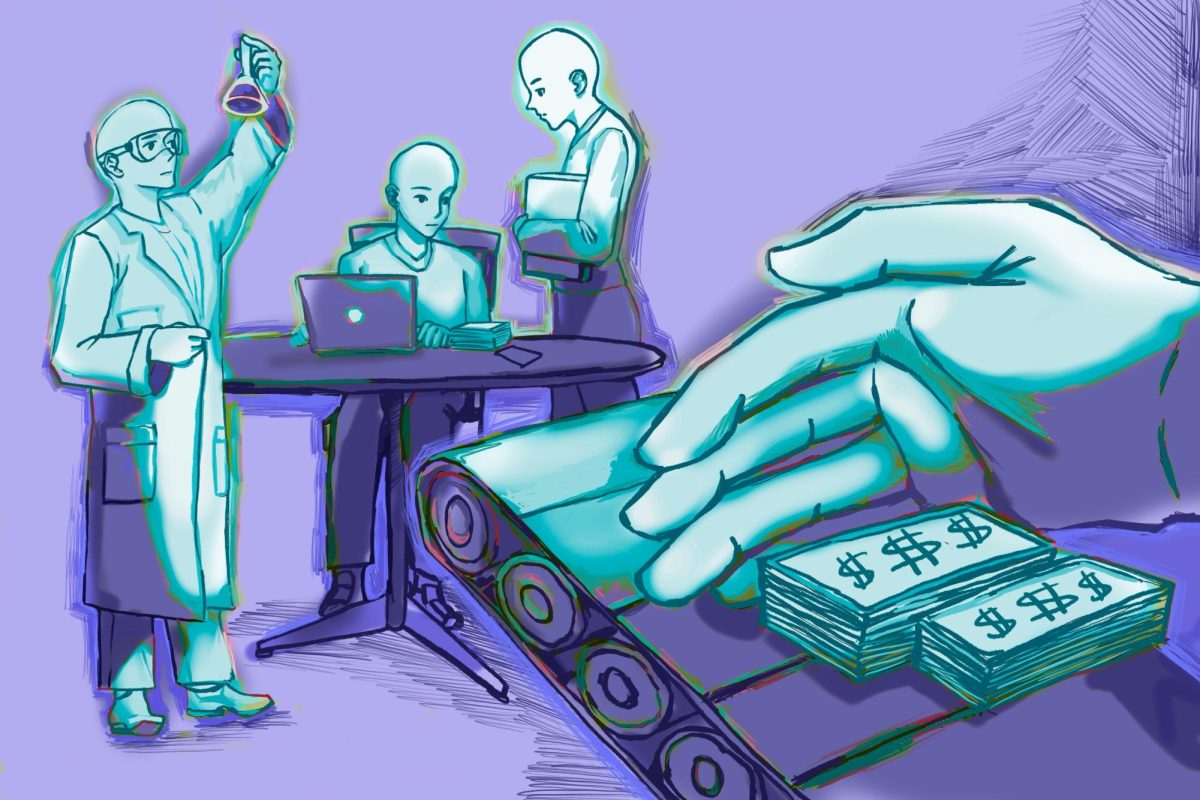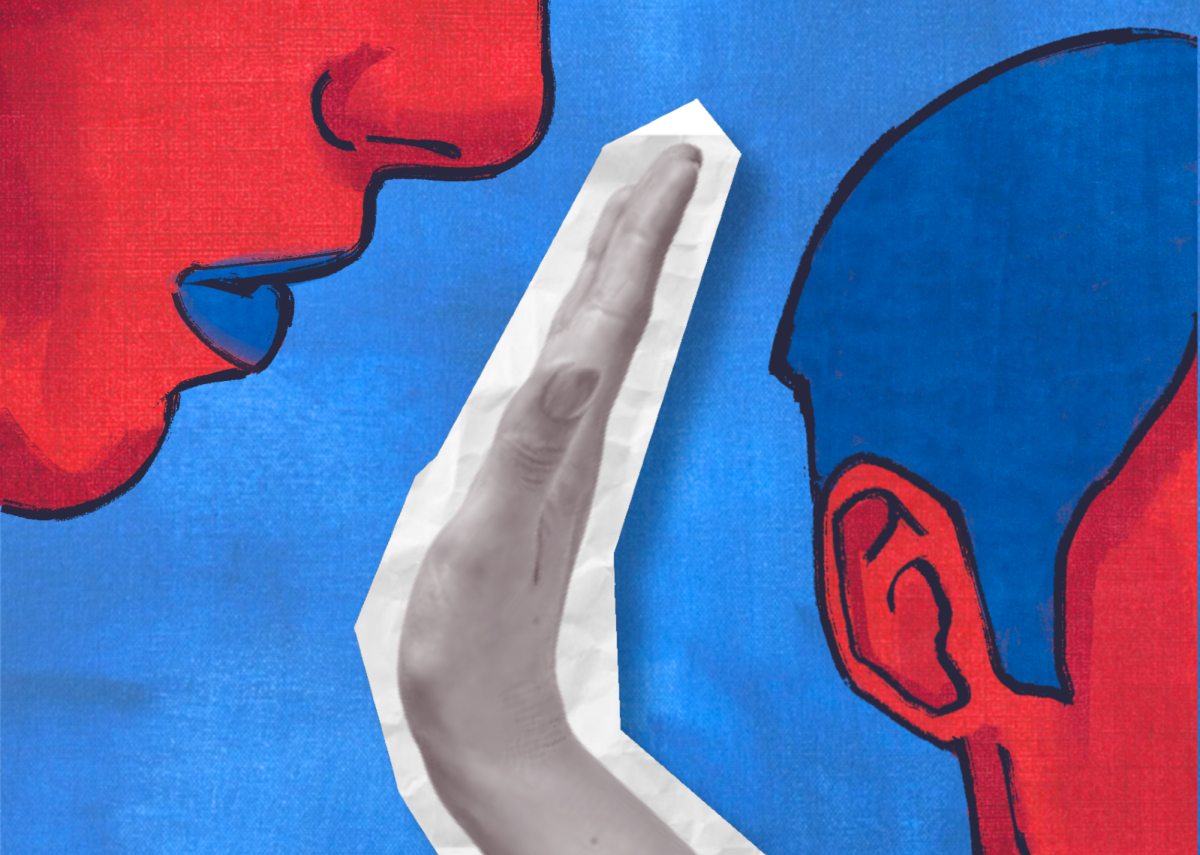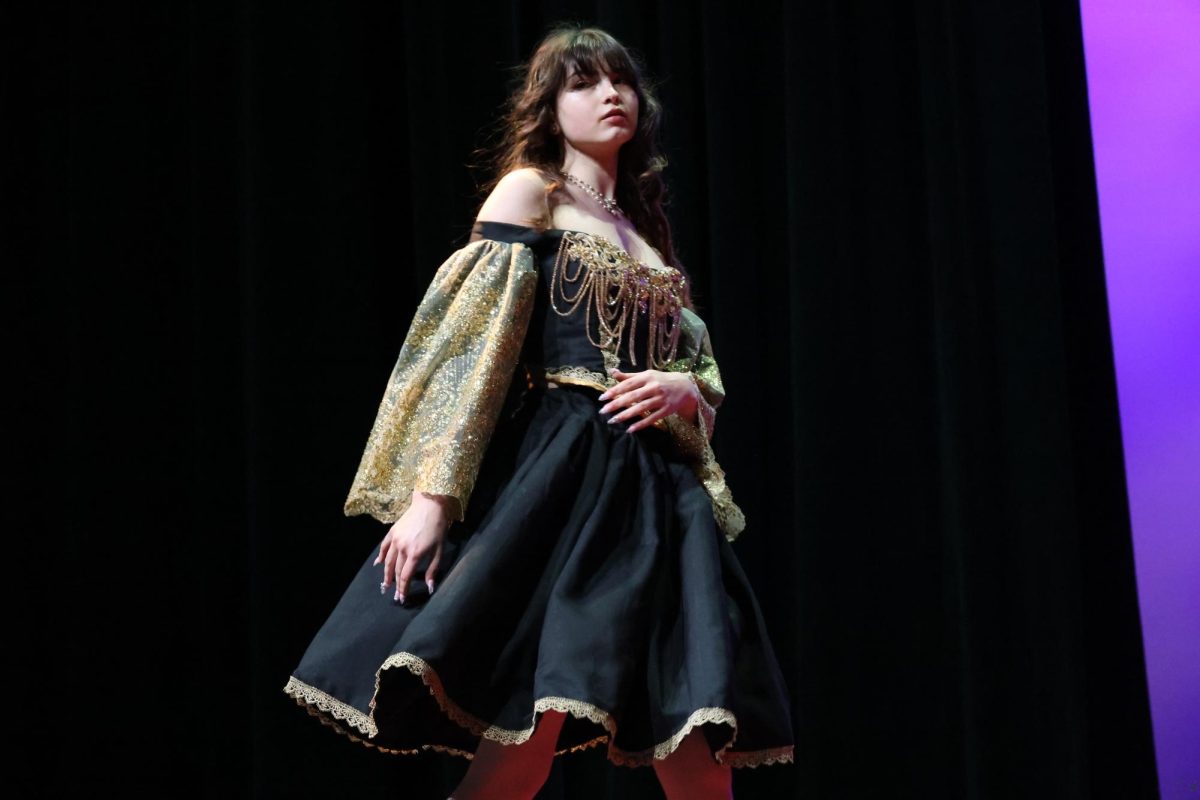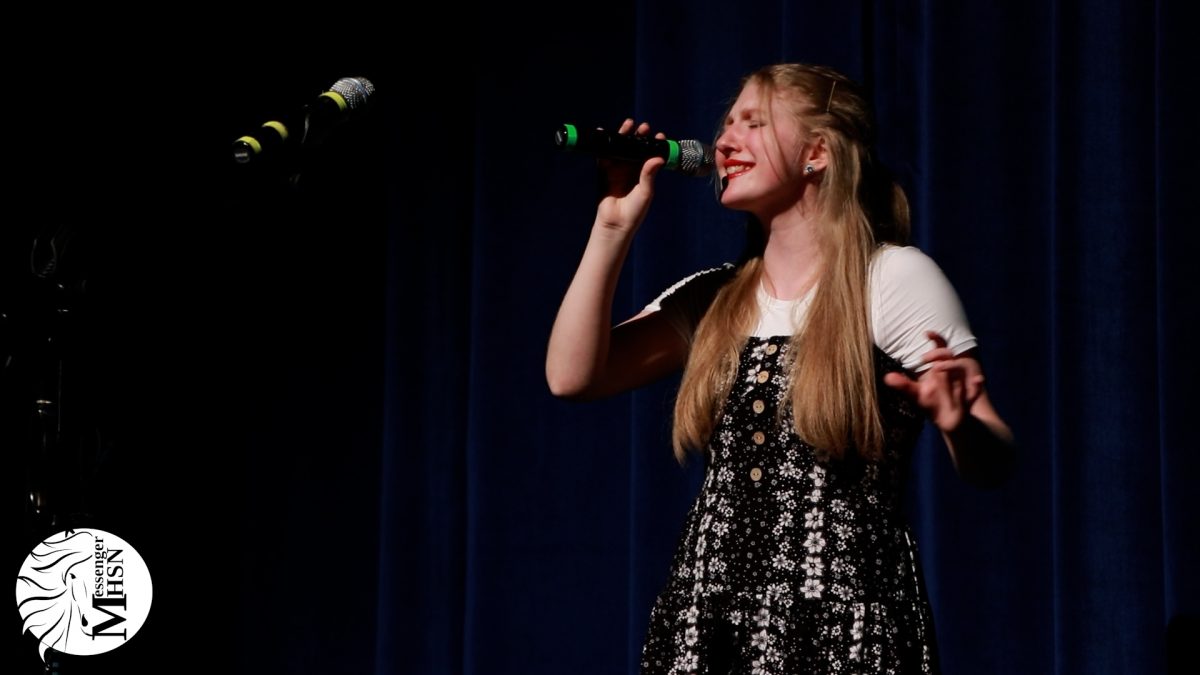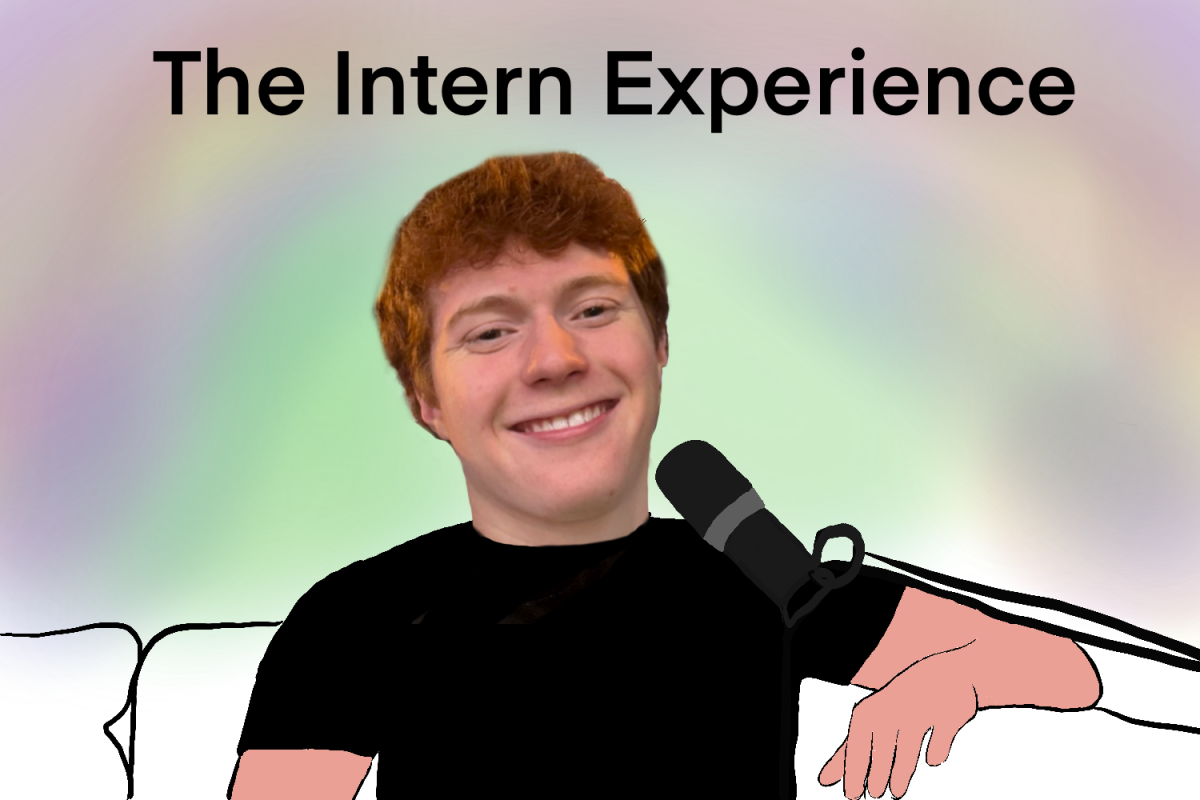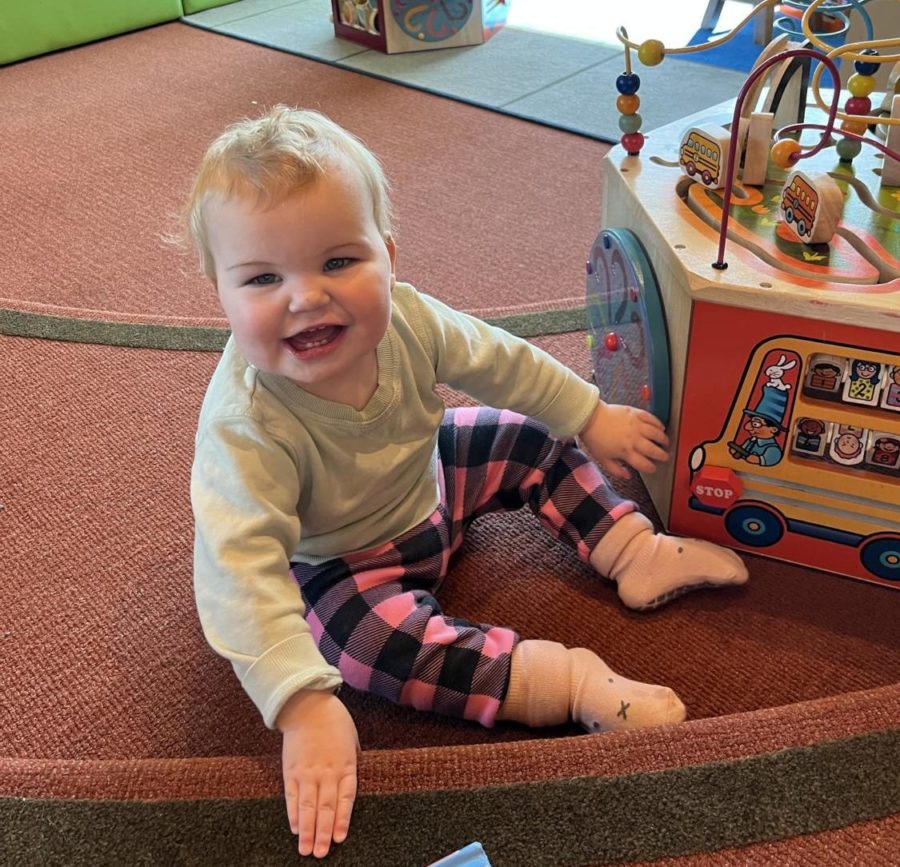At just four months old, Tri-Valley physicians Geri and Zachary Landman’s daughter, Lucy Landman, was diagnosed with PGAP3, a rare genetic disorder that presently has no known treatment or cure.
By altering cell communication, PGAP3 can affect everyday activities by inducing severe problems with muscle tone, walking, speech, vision, eating and fine motor control. Although not believed to be fatal, PGAP3 can tigger seizures and result in severe intellectual disability. The impact of Lucy’s gene mutations on her gut, muscles and cognitive function will likely follow her into adulthood.
“On the surface of cells, there are different cell signaling molecules and many of those are anchored by what we call a GPI anchor. So for Lucy and other kids with PGAP3, many of their cell surface molecules just kind of float off into the ether because the anchor that holds them on is really unstable,” Geri Landman explained.
Lucy is one of approximately 50 kids around the world with this disorder. With so few prospective customers, the cost of researching and developing a treatment for PGAP3 would likely outweigh the profits. As a result, most pharmaceutical organizations are hesitant to fund such medical research. This isn’t unique to PGAP3. Disorders that affect less than 2000 people rarely receive attention from pharmaceutical companies because they are viewed as economically risky.
Faced with these challenges, the Landmans were inspired to take matters into their own hands and open their non-profit Moonshots for Unicorns. Created in 2022, Moonshots for Unicorns raises money to fund research for rare conditions that otherwise would go unaddressed.
“Kids with genetic diseases are [often] referred to as unicorns – really magical special creatures who all deserve a moonshot. Everyone who’s sick deserves a cure, not just people who have common diseases,” Landman said.
Patient-driven medicine has become increasingly popular, enabling parents with sick children to take advantage of evolving research and funding. The Landmans’ background in medicine has uniquely benefitted their initiative. Using their expertise in the medical field, the Landmans are able to navigate the healthcare industry and push for solutions.
After connecting with pharmaceutical company CEOs, doctors and scientists, the Landmans found that gene therapy was the most promising solution for treating PGAP3. Gene therapy involves the intricate process of editing genes to fix mutations.
“Katherine Meyer is a scientist at Nationwide Children’s, one of the first gene therapy centers in the US. She partners with this lab in Maine to conduct Rare Disease Research in mice,” Landman stated.
Moonshots for Unicorns and Nationwide Children’s Hospital have partnered together to accelerate PGAP 3 research and develop a cure for the rare disease.
Lucy, now almost a 3-year-old toddler, is undergoing treatment and her condition has shown improvement. She has been cruising and putting together small words over the past months. However, the lack of information on such a rare genetic disease has made the process obscure. Medical professionals cannot confirm that the treatment is responsible for her progress.
Despite the uncertain benefits, gene therapy can cost roughly $3 million to $7 million. Landman remarked that the cost of Lucy’s gene therapy is not easy to afford, even for a two-income household.
While the Landmans have been able to raise donations for Lucy through Moonshots, not all families affected by a rare disease can say the same. For most, affording upwards of $3 million dollars in treatment is not a viable option.The Landmans’ hope to be a part of a larger movement to raise awareness on this issue.
“If anyone can change this story, it’s our family,” Geri Landman stated.
This story was originally published on Wildcat Tribune on May 24, 2023.



